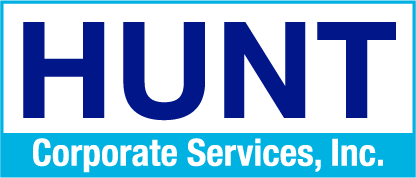I own an industrial building with several tenants. What are the very best ways to reduce my marketing and leasing costs when the leases with my tenants expire?
Professional landlords know that one of the best ways to reduce their marketing and leasing costs is to retain their existing tenants. In many cases, you may not be able to offer the departing tenant the space he needs. But if a renewal of his existing space is a viable alternative, you want to make sure that you have done all you can to keep your existing tenant.
Why is this so important? In most cases, the cost of retaining a tenant will be far less than leasing the space to a new tenant. Let’s take a look at some of the common landlord costs of leasing to new tenants and how savings can be achieved with an existing tenant.
Neophyte landlords often overlook one of the most expensive costs incurred in reletting. It is the loss of rent while space is vacant and being marketed. A loss of six month’s rent, or possibly worse, can be devastating to the cash flow of a building. While you may get lucky and lease immediately, it is not likely in many markets. In contrast, retaining an existing tenant keeps your space occupied and the cash flow healthy. Even if a rent concession is part of the package to retain a tenant, it is a managed loss.
Another major cost for a new tenant is the build-out. New tenants, in many cases, are looking for extensive installations. These installations hurt twice – the actual construction cost, and once again, the loss of rent during the period of construction. An existing tenant, on the other hand, is often satisfied with repainting and re-carpeting, or perhaps even better from the landlord’s point of view, a redecoration allowance.
Brokerage is also a cost that is likely to be more expensive with a new tenant. On Long Island, the brokerage rates for the first three years of the lease payments are usually more expensive than the balance of the lease. Renewal options are typically at a lower rate, or may not even apply, depending on your situation. There are other expenses as well, such as legal costs, marketing expenses, and utilities, which are almost always more expensive for a new tenant as compared to renewing an existing lease.
So now we know how important it is to retain your tenants. What is the best way to achieve this? The tenant retention campaign is one that needs to begin early. Simply, a happy tenant is one that is going to want to renew in the future. Tenant concerns need to be addressed quickly and fairly, and the landlord’s obligations need to be met in a prompt and businesslike manner. Your objective is to build a tenant retention program that makes it very difficult for a tenant to leave. When your tenants consistently want to renew, your costs will decrease and your profits will rise!
